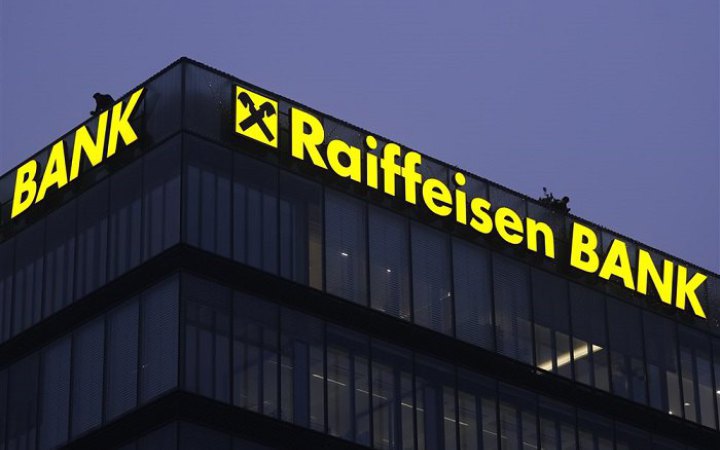Western companies earned 1.3 trillion rubles in Russia last year. This is 40% more than before the full-scale war. This is stated in an article by novayagazeta.eu.
"In the third year of Russia's full-scale invasion of Ukraine, Western businesses continue to create the appearance of 'leaving' the Russian market, but in fact they are quite successfully earning in the aggressor country," the publication notes.
In 2023, the total net profit of the 100 largest foreign companies in Russia rose to RUB 1.3 trillion. This is 1.4 times or 383 billion rubles more than in the last pre-war year of 2021.
For the most part, the revenues of Western companies that remain in Russia have been frozen by the Kremlin, which has banned foreign investors from withdrawing profits and dividends. This money has become additional fuel for the Russian economy, which has been growing during the war.
For example, this is how Russian banks make money: for them, the profits of foreign companies have become an additional source of assets that can be invested in financial instruments, generating income. But the main beneficiary of foreign business is the Russian budget: In 2023, the 100 largest companies transferred more than RUB 400 billion in income tax to it. This is about 1.5% of last year's federal budget revenues, which are used to finance the war.
"Of our top 100 foreign companies, the 20 largest firms accounted for 85% of the total profit in 2023, or RUB 1.1 trillion. For its part, almost half of this amount came from the Russian assets of three global giants - TotalEnergies, BP and Raiffeisen Bank," the newspaper adds.
The newspaper adds that the "unfriendly" businesses that have not left Russia are not just continuing to make money: their revenues have been growing as long as the war has been going on. In 2023, they increased by 4% compared to 2022, and in the year the war began, they increased by one and a half times compared to 2021.
Among the largest companies, the Hungarian OTP bank made the strongest leap. Contrary to its promises, it is not parting ways with Russia and has increased its net profit by about 200 times, from RUB 133 million in 2022 to almost RUB 25 billion in 2023. The bank attributed this to a significant increase in revenues in retail lending and transactional business. The profit of the Russian business of the Polish packaging manufacturer Can-Pack increased fivefold.
Along with the increase in Rosneft's profits (due to rising oil production and prices), the share of profits attributable to its shareholder, the Austrian British energy concern BP, also increased from 170 billion to 250 billion rubles. The share that Shell could have received from its participation in the Sakhalin-2 project more than doubled, from 37 billion to 87 billion rubles, if its stake had not been effectively expropriated by the Russian authorities. The other two participants in the project, Mitsui and Mitsubishi, also doubled their potential profits.
The American vegetable oil and food ingredients producer Cargill and the American pharmaceutical manufacturer Johnson & Johnson, as well as the German energy concern Uniper, also made an almost twofold jump in profits, although the latter's assets in Russia were placed under external management last year.
The group of companies adhering to the "wait it out" strategy includes 43 companies that "quietly" earned RUB 400 billion in 2023, slightly less than in the first year of the war, when they made a total net profit of RUB 415 billion. Among them, for example, are Mitsui and Mitsubishi, which earned RUB 39 billion and RUB 31 billion, respectively, last year.
Another example from this group is the French concern TotalEnergies, which has never spoken of plans to leave Russia, where it owns almost a fifth of the largest private gas producer NOVATEK and stakes in the NOVATEK-controlled Yamal LNG (20%) and Arctic LNG 2 (10%) gas plants. Concertus not only owns but also exports LNG to Europe from the Yamal project, earning a large profit. It was only after the US imposed sanctions on Arctic LNG 2 (currently operating at only a third of its capacity) that TotalEnergies was forced to declare force majeure and refuse to purchase gas from this plant.
The publication included 37 companies in the group of those who announced the suspension of operations but continued to increase profits in Russia. They proved to be the most successful: in 2023, they earned a total of almost RUB 760 billion in Russia (RUB 682 billion a year earlier). The largest representatives of this group are BP and Raiffeisen.








